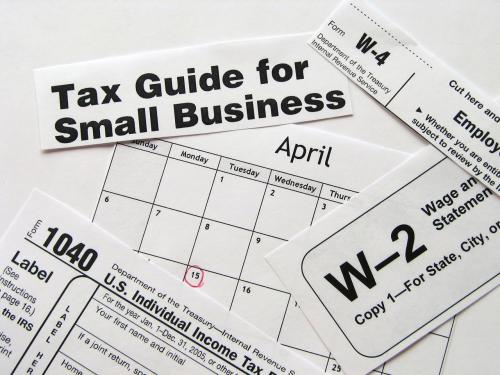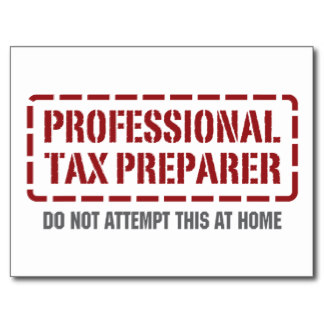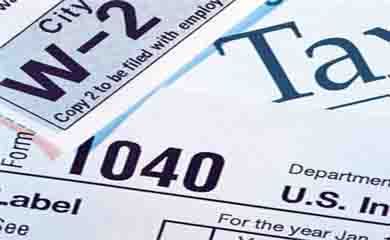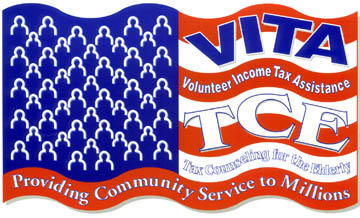Have you started receiving forms with names that sound like droids from Star Wars?
I’m fairly certain that all these droids will be in Star Wars episode 18:
- W-2
- 1099
- 1098
- W-4P
That can only mean one of two things. Droids are finally making their long awaited arrival on Earth, or it is tax time.

Just in case it is tax time, here are some answers to common questions to help make tax season a little less taxing.
1. How early can I file my taxes?
Wait to file your taxes until you have ALL the tax forms. This includes W-2s, 1099s, Interest statements, etc. Employers and companies have until January 31 to send you everything, so you should have everything shortly after that. Make a list of what you should receive and wait to start until you have it. The most common forms are:
- Form W-2: You should receive one from each of your employers
- Form 1098: If you paid interest on a home or student loan or paid college tuition you will receive a 1098
- Form 1099-DIV: If you received dividends, distributions or capital gains on any investments, watch for one of these to grace your mailbox
- Form 1099-INT: Any interest paid to you, such as interest on a CD or bank account, will be reported on this form.
- 1099-MISC: If you did work as an independent contractor you’ll get one of these.
- If you donated to a charity they will either provide you a receipt when you donated, or an end of year statement.
There’s other forms as well, but those are some of the most common ones.
Here’s a great printable checklist from TurboTax:
http://images.turbotax.intuit.com/iqcms/marketing/lib/TurboTax_TaxPrepChecklist.pdf
2. Should I file my own taxes or have someone do it for me?
There’s a few different ways you can file your taxes:
- On paper
- I don’t recommend this – calculations can be complicated
- Software such as TaxAct, TurboTax or H&R Block at home
- As long as you use top-rated software you’ll find it’s intuitive and simple. You’ll enter your tax forms in and the software will search for possible errors. I personally use TaxAct.
- Discount tax preparation services, such as H&R Block or Jackson-Hewitt
- These companies have their place, but can be expensive. Their tax preparers are trained, but basically use similar software that you can use on your own. If you want the peace of mind from having someone do your taxes, this can be a good option.
- Volunteer Income Tax Assistance (VITA) or Tax Counseling for the Elderly (TCE)
- VITA and TCE volunteers are IRS-certified and will file your taxes for free. You read that correct. It’s free, and there’s no catch. VITA is available for anyone that makes under $54,000, and TCE is available for those over age 60. You can find them here: https://www.irs.gov/Individuals/Free-Tax-Return-Preparation-for-You-by-Volunteers. Both VITA and TCE tend to fill up quickly, and many are first-come, first-served.
- Accountant or CPA
- Unless you run a business you probably don’t need an accountant or CPA to prepare your return. I have several small businesses, and we still file our own, but if your business starts to move beyond small you should work with the accountant or CPA throughout the year.
3. What is the due date to file my tax return?
It’s normally April 15, but this year it is Tuesday, April 18. Why? The 15th is a Saturday, and anytime tax day falls on a weekend it is pushed to Monday. However on Monday the 17th Washington DC has a holiday (Emancipation Day), therefore tax day gets moved to the next business day.
To close up this week’s article, I strongly encourage you to check out one of the VITA sites if you make less than $54,000 a year. Almost anyone who uses a discount tax preparer could have their taxes filed for free instead.
One last note – don’t ever get a Tax Refund Anticipation Loan. Companies will offer to give you your tax refund right then, for a fee that ranges between $30 and $150. Don’t fall for it – if you file electronically you’ll have your refund in 1-2 weeks.
Share this: For those of us who run a small business almost nothing causes more challenges and stress than tax time.
For those of us who run a small business almost nothing causes more challenges and stress than tax time.


 RS-certified and will file your taxes for free. You read that correct. It’s free, and there’s no catch. VITA is available for anyone that makes under $54,000, and TCE is available for those over age 60. You can find them here:
RS-certified and will file your taxes for free. You read that correct. It’s free, and there’s no catch. VITA is available for anyone that makes under $54,000, and TCE is available for those over age 60. You can find them here: